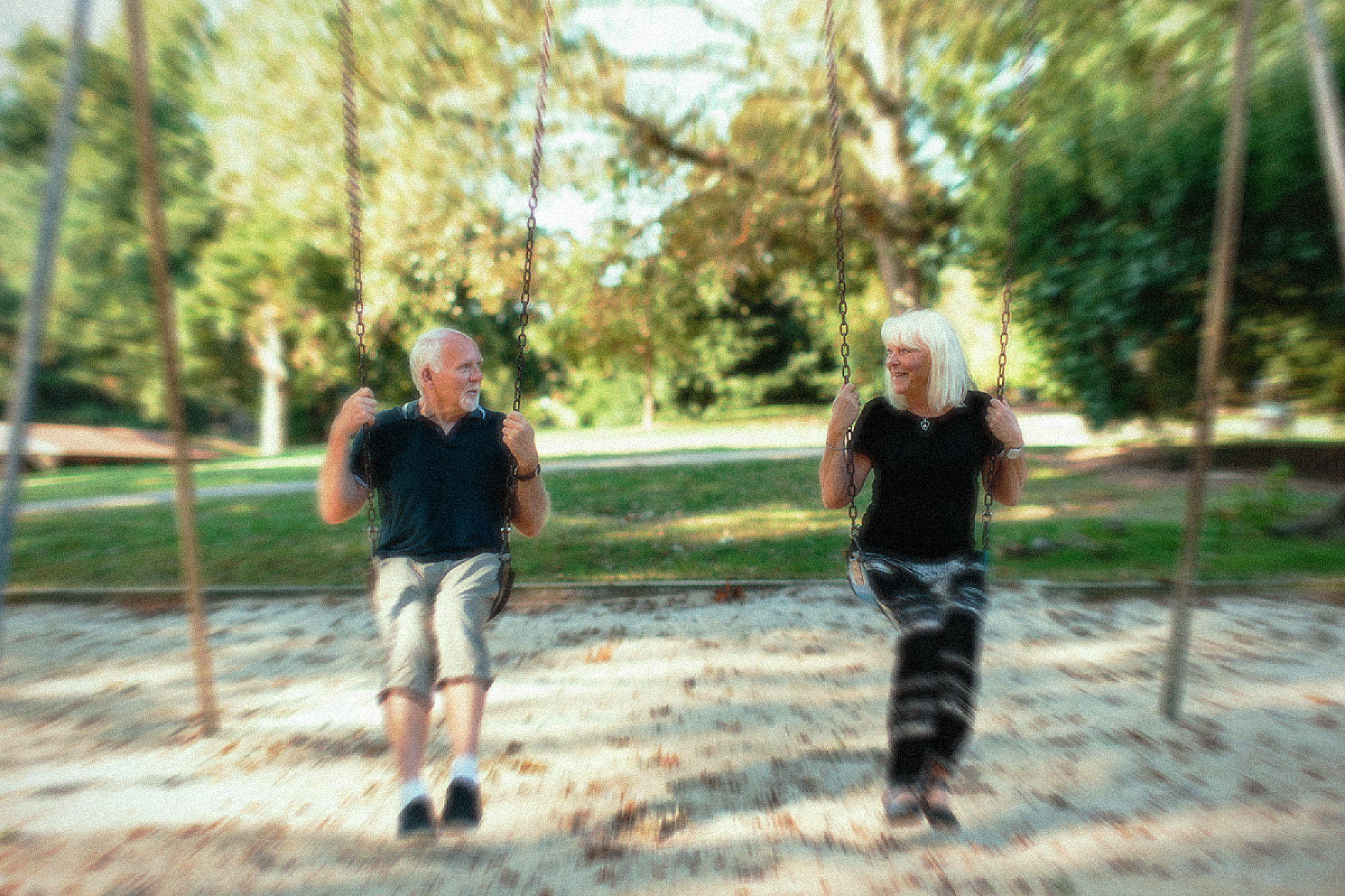We Need to Rethink Talent in the Age of Virality

- Text Eli Williams
- Design Paige Nuckols
In the past two months, major talent agencies such as UTA and Universal Music Group signed deals with recent main characters of the FYP: Megan Boni, Harry Daniels and Haliey Welch. If you don’t know who any of these people are, do not take it as an insult. If you only know the last name on the above list, find god.
A quick primer: Boni gave the Fratagonia vest hive their “song of the summer” with her viral TikTok track-turned-David Guetta-remix that goes a little something like, “I’m looking for a man in finance. Trust fund. 6’5”. Blue eyes,” which earned a publishing contract with UMG. Harry Daniels, also known as “the guy who sings off-tune to celebs,” including Gypsy Rose Blanchard, Charli xcx and Vice President Kamala Harris, signed to UTA.
Finally, there’s Haliey Welch, a.k.a. the “Hawk Tuah” girl. The name is an onomatopoeic reference to her response to a man-on-the-street interview captured in Nashville, Tennessee, in which she’s asked, “What move in bed makes a man go crazy every time?” Her reply, “You gotta give ’em that hawk tuah and spit on that thing!” went astronomically viral, specifically across what cultural critic Max Read dubs the “Zynternet:” the sports-obsessed and right-wing leaning corner of the internet for guys who pin “Saturdays Are For The Boys” flags in their rooms and reshare Creed’s Thanksgiving halftime performance of “Higher” with the caption, “we used to be a proper country.”
Early reports that Welch was signed by UTA were quickly rebuffed. In reality, she got a deal with a boutique talent agency called The Penthouse, whose talent portfolio consists of Nashville-based musicians Sam Pounds, Pretty Sister and RVSHD, whose songs I assume populate a handful of royalty-free music libraries. In recent weeks, she’s “hawk tuahed” on stage with Zach Bryan, got into a viral spat with Nick Kyrgios and showed up for a paid appearance at a Long Island bar.
No correlation between fame and actually being decent at something anymore 🤣
— Nicholas Kyrgios (@NickKyrgios) July 21, 2024
Social media’s greatest value proposition—information democratization—is also one of its main liabilities. TikTok in particular has the power to surface amazingly talented individuals from relative obscurity. But its democratization also means it holds less power as a taste authority. What gains traction on the platform is increasingly lowest common denominator “slop,” juiced by the algo. Once considered to be a motley assortment of disturbing AI-generated images, “slop” has expanded beyond AI and towards more “regular” content, the bulk of which feels forced, manufactured and uncanny. This might be contributing to why people are skeptical of the ubiquity of ascendant pop stars Chappell Roan and Sabrina Carpenter.
One-note viral characters are not new (see: Damn Daniel, Ken Bone, the Ocean Spray guy and Oliver Anthony), but what is new is how talent agencies are betting that virality, despite it being increasingly disposable, cheap and often inflated by dubious metrics, can be parlayed into careers outside the feed. And for their part, there’s some truth to this. Actress and musician Addison Rae, for example, arguably sparked the TikTok revolution with her dancing content in late 2019, and was signed to WME in 2020. Her nascent celebrity was also synonymous with the app’s most cringeworthy characteristics, notably displayed during her appearance on The Tonight Show Starring Jimmy Fallon.
But Rae’s since had an about-face, successfully navigating the cringe-to-cool pipeline, going from TikTok dancing to irony-pilled Gen Z icon. She’s fronted a raunchy Adidas x Praying collab, lets out a primal scream on a Charli xcx remix and more recently, was featured in a Petra Collins SSENSE photoshoot shot by Richard Kern, smoking a cigarette with her big toe.
In a culture that’s too mid to fail, record labels and movie studios are right to take bets (we don’t need to keep using AI to de-age yesterday’s A-listers), but doing numbers on a platform should not be key to the equation. In Embedded, Kate Lindsay expanded on this with regards to Welch’s recent fame. “Hawk Tuah girl is a hot woman with a fun accent talking about spitting on a penis, a combination that captivated almost everyone but generated a level of fame completely disproportionate to what was warranted,” she writes. “Slop, in other words, is not a career.”
So, how do we counteract slop-level social creators? Maybe a more organic approach would do. This was top of mind in a recent Day One FM conversation with Adam Faze, the founder of Gymnasium, the social-first production studio behind hit series like Boy Room. For the uninitiated, Boy Room is a show where comedian Rachel Coster explores, examines and critiques the bedrooms of young men in New York City to comically disturbing results. The show’s origin story is worth noting. Faze discovered Coster at a comedy club and instantly knew she was a hit—irreverent, incisive and didn’t feel like algo-bait. She interviewed to be his assistant and ended up pitching him the concept for Boy Room. It resonated; Gymnasium’s entire mission is centered around “making TV for the screen you actually watch,” but talent incubation is also a key piece of what they’re getting right.
Film studio A24’s business model doesn’t hinge on being “social-first,” though their savvy has earned them plenty of bona fides and clout. Their casting strategy is worth noting, too, due to its grassroots approach. Jennifer Venditti, the casting director behind the Safdie Brothers’ Good Time and Uncut Gems, as well as the HBO series Euphoria, utilizes a network of scouts who rely on “chance encounters with random strangers.” Late actor Angus Cloud, who played Fezco in Euphoria, was plucked off the street. Venditti’s team also relies on the classic open call, even if it’s posted to Instagram. The spontaneity is key here—what the algo or data wants you to see, is not always what works best.



